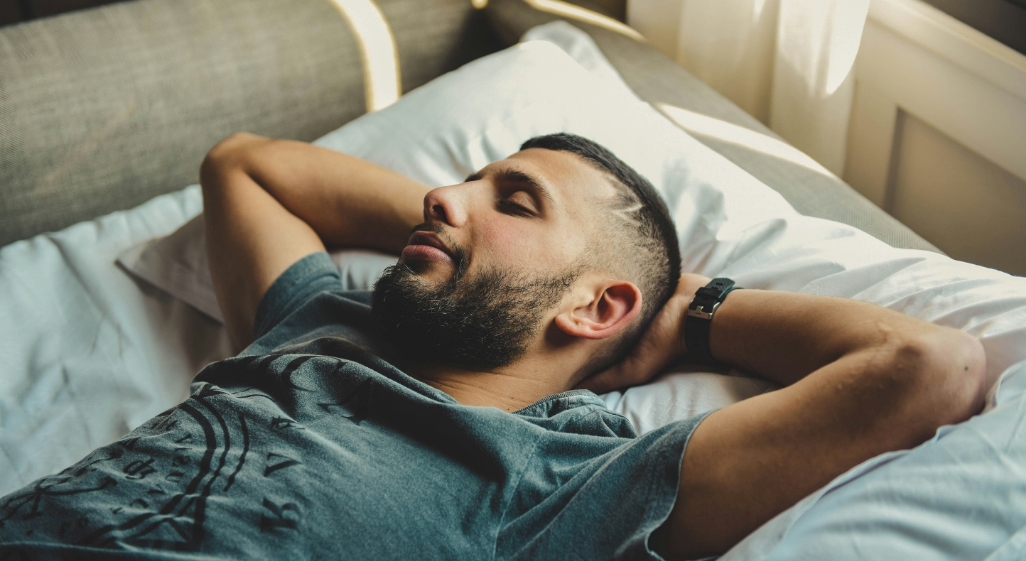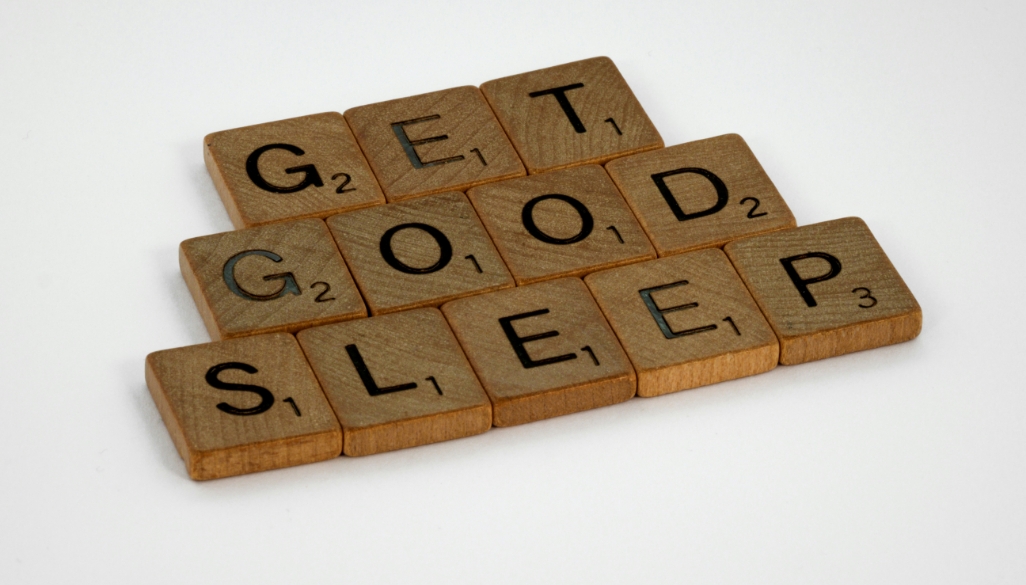Top Sleep Tips for a Restful Evening and Refreshing Day

Written by Talia Shapero, Certified Adult Sleep Coach
As a sleep coach, I take an individualised approach when helping my clients improve their sleep and daytime energy levels. Sleep issues can be nuanced and interventions should be personalised. That said, there are a few things we know to be true and so I want to share some evidence-based tips that will support healthy sleep.
TOP SLEEP TIPS FOR A RESTFUL EVENING AND REFRESHING DAY!
1. Wake up and go to sleep roughly at the same time each day (that’s 7 days a week!)
Your body loves consistency. If you keep wake-ups and bedtimes within about an hour of each other, your sleep/wake cycle will become regulated and you will be more likely to feel sleepy at the same time each night.
2. Expose yourself to bright light during the day and limit bright light at night
Blast the lights in your home, eat breakfast by a window. Even better, try and get outdoors within 2 hours of waking and again around lunchtime for 15-30 minutes (and remove those sunglasses!). Light sends an alerting
message to your brain to wake up, helps boost energy levels and mood and strengthens your circadian rhythm. As the sun goes down, reducing light levels will help with the production of melatonin, a sleep-regulating and sleep-promoting hormone. Consider eliminating devices that emit blue light (eg. TVs, phones, LED lights) 30-60 min before bedtime.
3. Eat your meals at approximately the same time each day
Regulating meal times helps reinforce your body’s natural rhythms, including your sleep/wake cycle. Eat your last big meal 2-3 hours before lights out and avoid night time snacks that may cause indigestion or inflammation, which may make falling asleep and staying asleep more difficult.

4. Move your body. Even a short walk at lunchtime counts!
Exercise not only boosts your mood and energy levels but it helps tire out your muscles, increasing the chances of falling asleep in the evening.
5. Reduce your stress levels and wind down at night
Anxieties of the day have the ability to disrupt your nights. Your body and mind needs signals to relax so creating a relaxing 30-60 min bedtime routine each night can be helpful. Journaling and mindbody techniques such as meditation, breathwork and yoga can be useful strategies alongside other activities such as listening to music, watching an old rerun of your favourite show or stretching. Avoid any over-stimulating activities (eg. work, online shopping, scrolling socials) so you may want to consider cutting out tech before bedtime.
The optimal temp for sleep is between 15.5-20 degrees celsius. Sleep in and on natural fiber materials (eg cottons, bamboo, linen) that can wick away sweat and help regulate your temperature.
Consider implementing one of these changes for 2 weeks - see how you feel and continue to build on that progress. Improvements can take time so be patient!
*These are general sleep hygiene tips to follow but there is no ‘one-size fits all’ solution for sleep! If you are experiencing challenges with your sleep or daytime energy levels, book a FREE discovery call to find out more about what sleep coaching can do for you.












